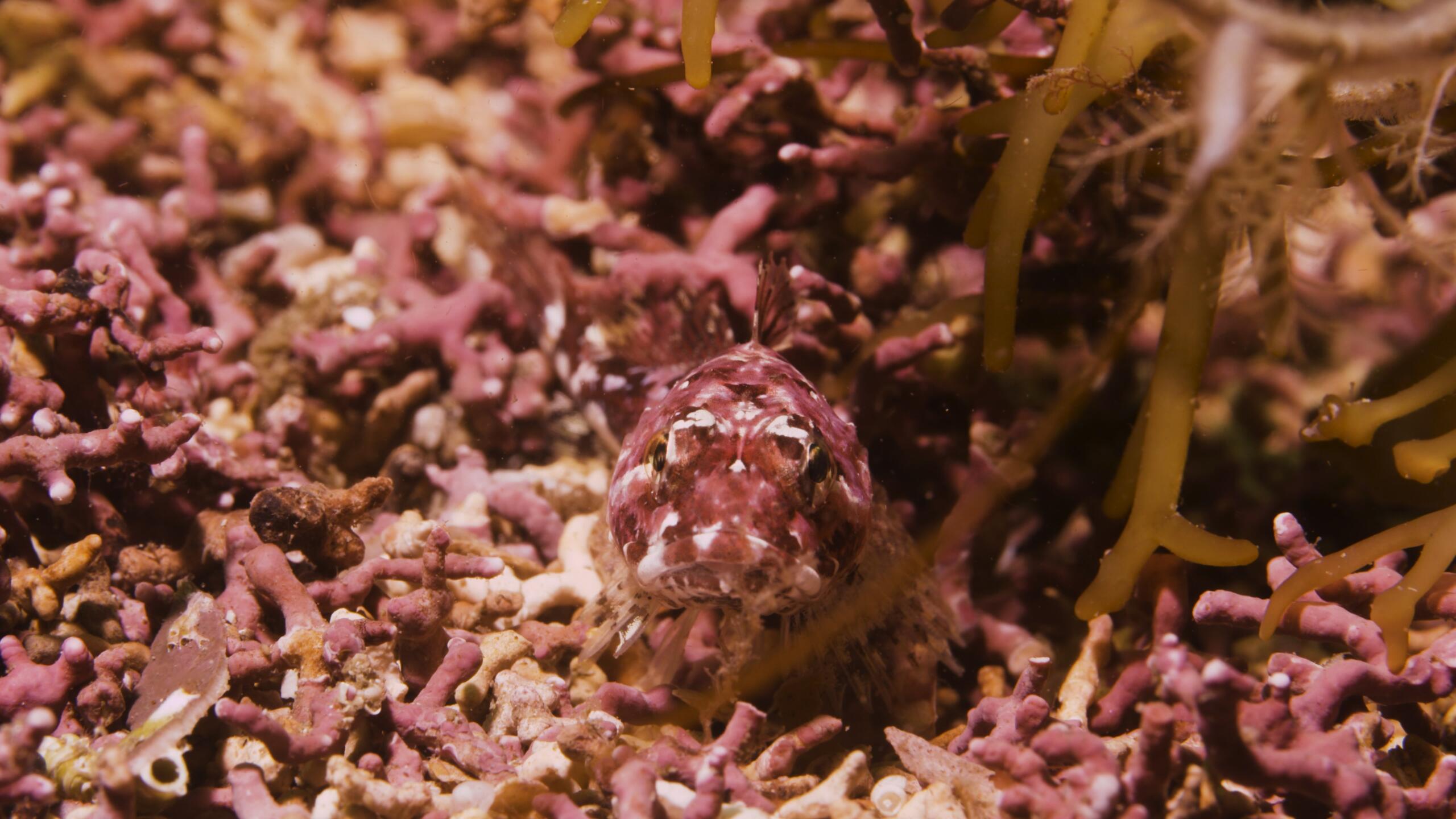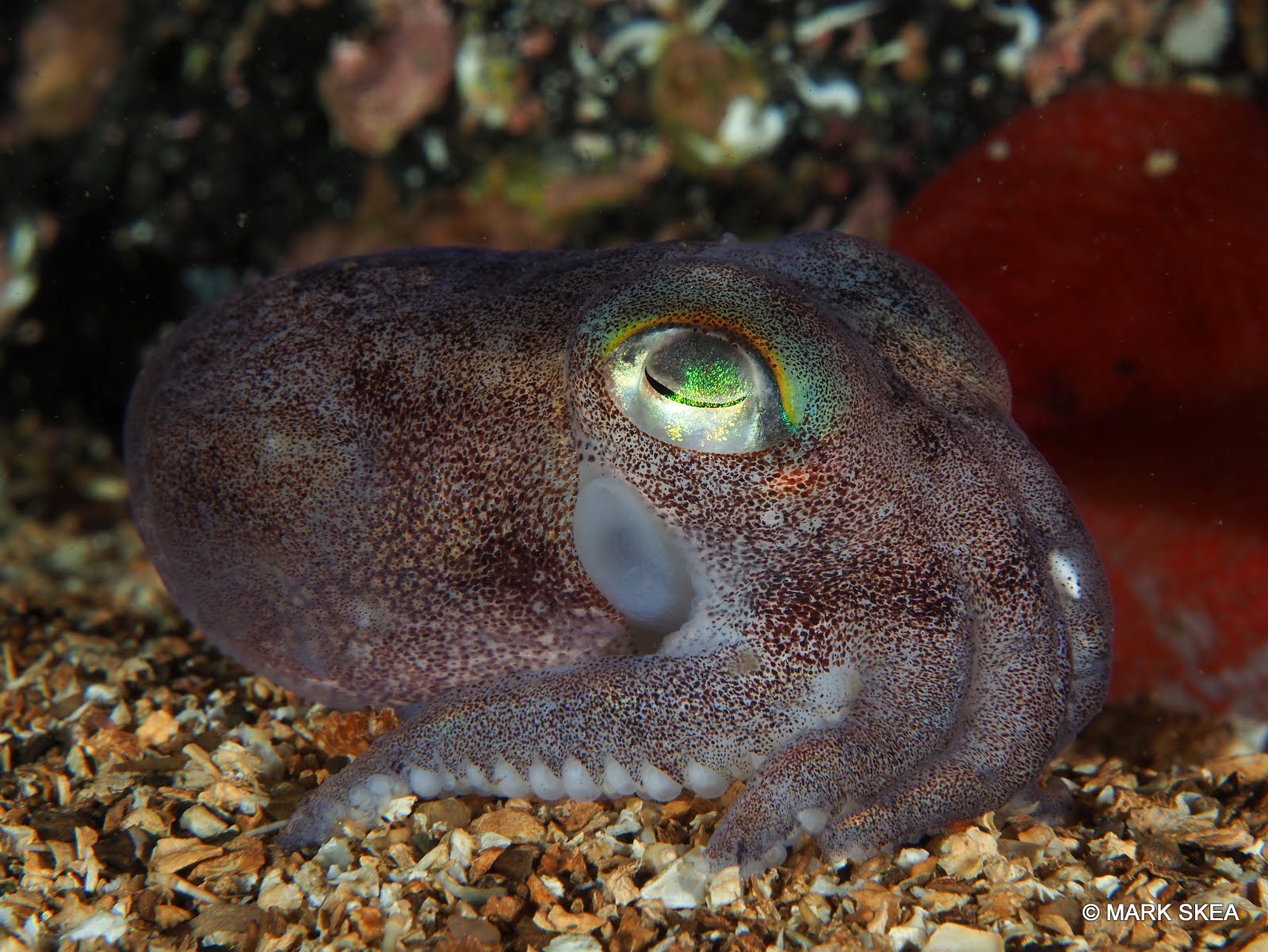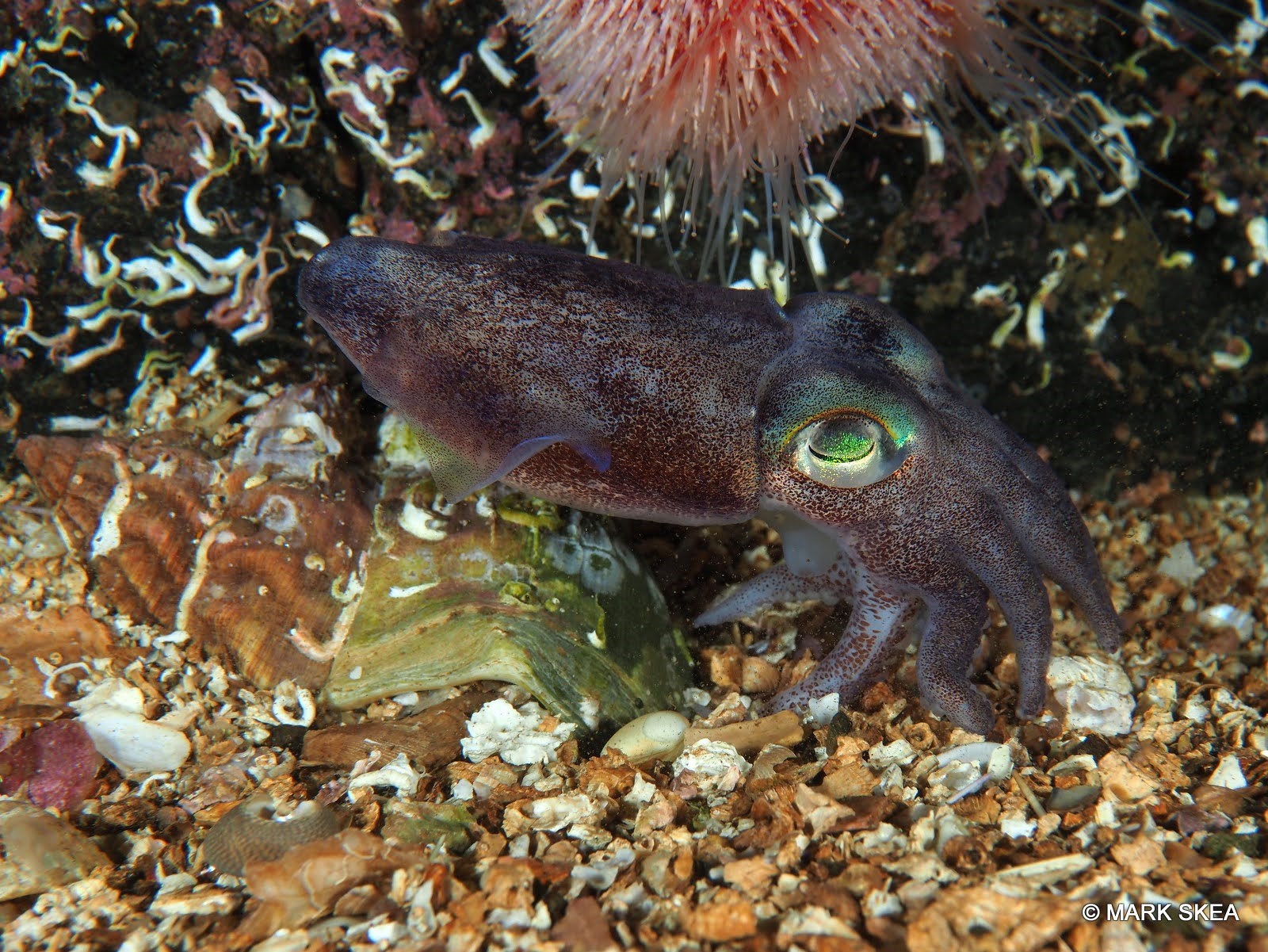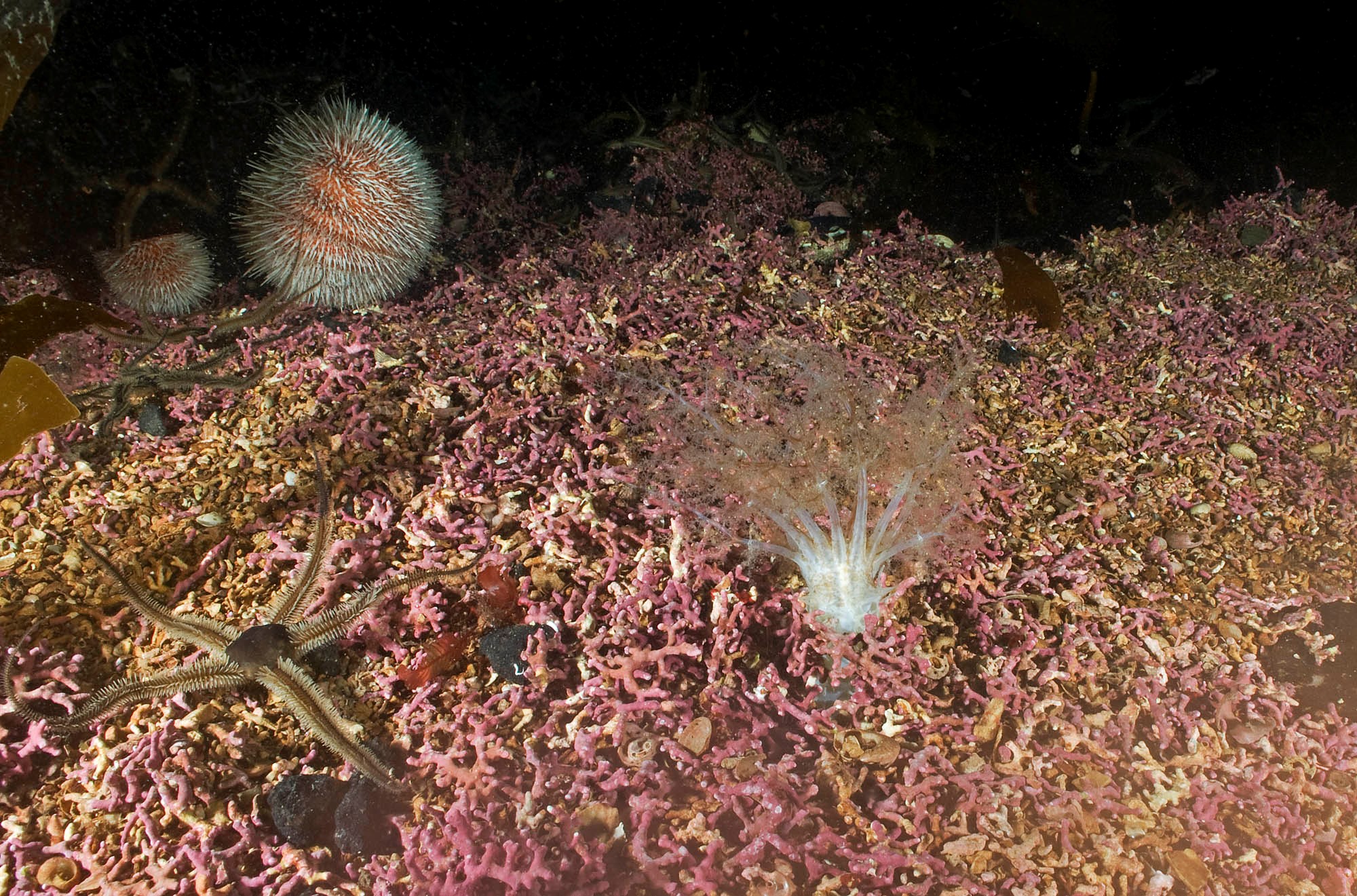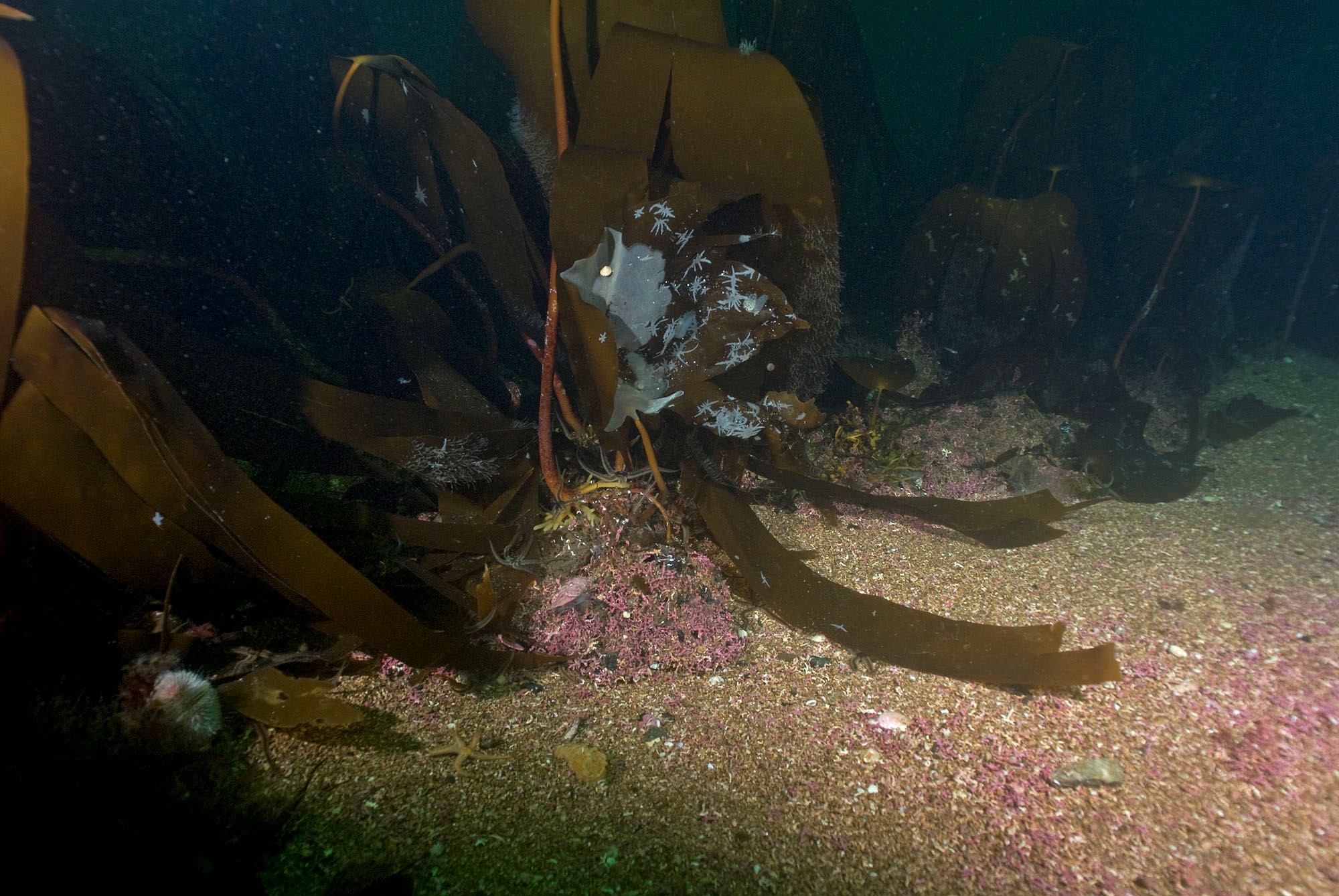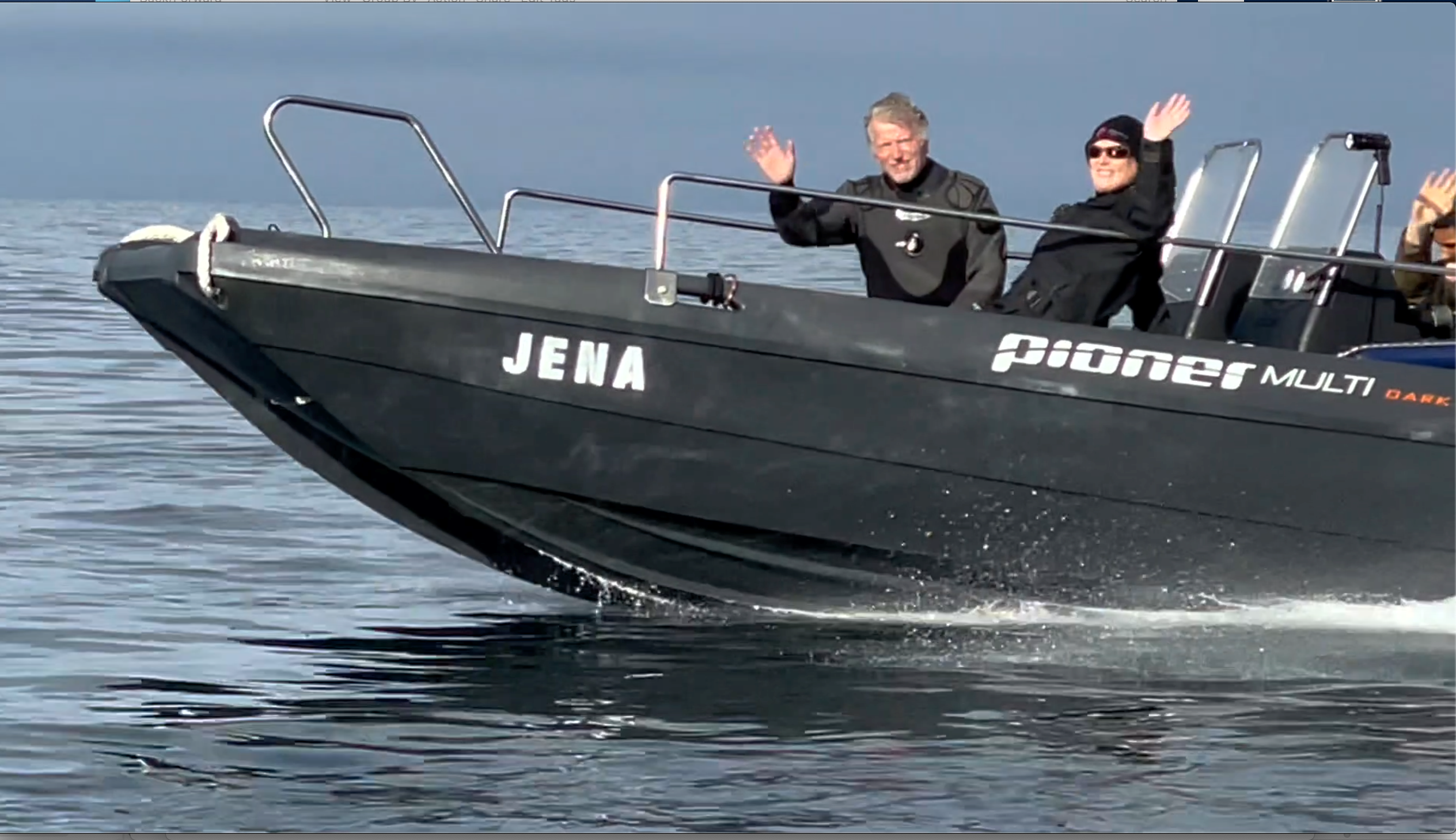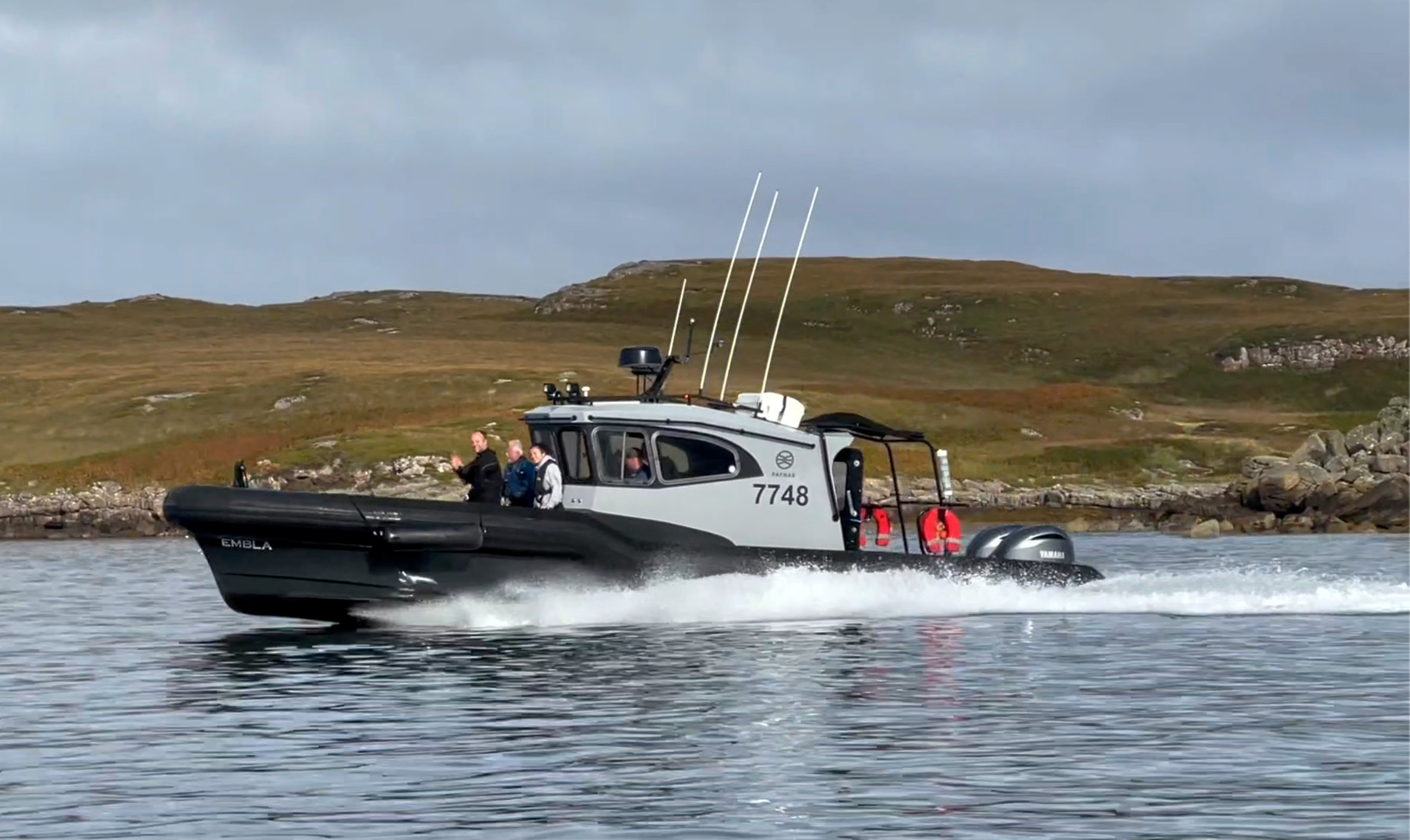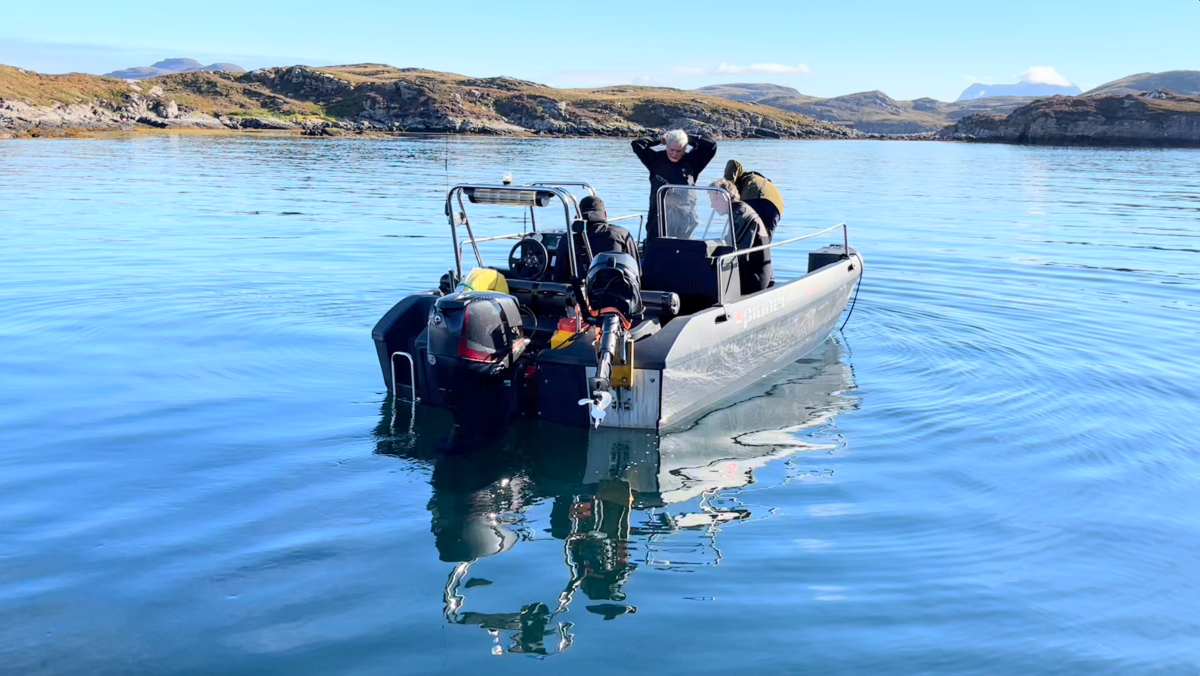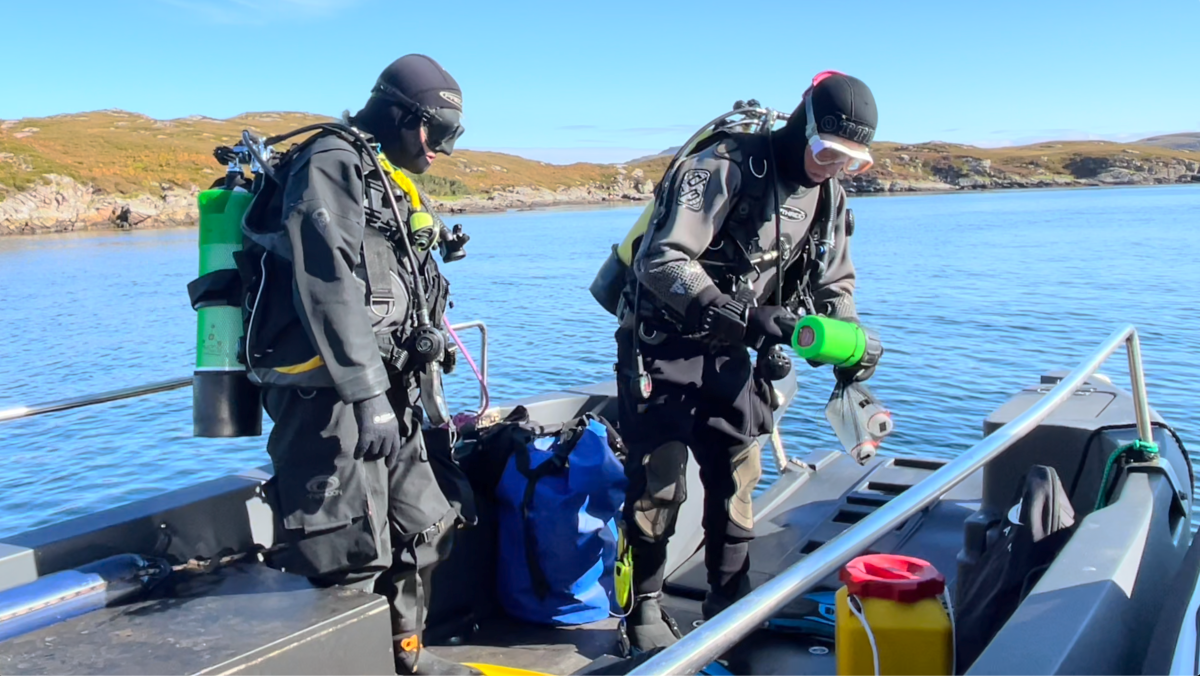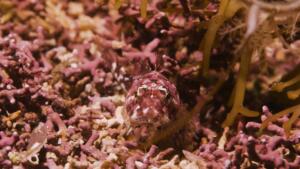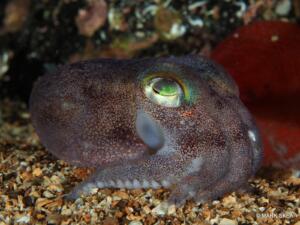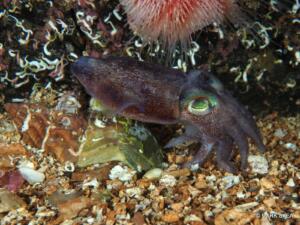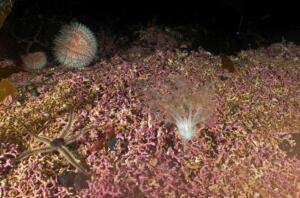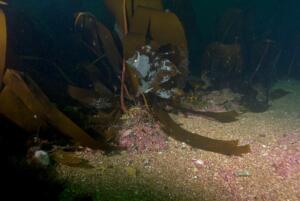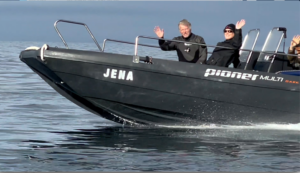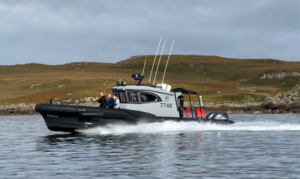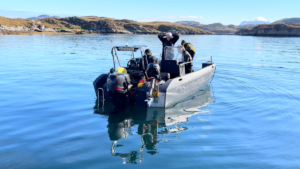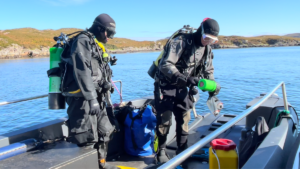
Grants
Protecting habitats & species
Blue Hope Alliance
£10,000 + £15,000 awarded
Grantee: Blue Hope Alliance
Grant 1: £10,000, June 2021, 12 months
Grant 2: £15,000, October 2023, 12 months
Many Marine Protected Areas (MPA’s) throughout Scotland lack sufficient management measures to protect the marine environment. The Wester Ross MPA, for example, is the largest MPA in the world designated for maerl beds – keystone habitats that underpin the marine web of life. Yet, illegal dredging and trawling activity have taken place inside the MPA, breaching fisheries regulations and destroying maerl and other species (see here).
Underwater dive surveys allow changes in the MPA to be monitored, increasing our understanding of marine ecosystems and creating a suite of data to inform fisheries management and conservation measures around aquaculture, both inside Wester Ross MPA and the surrounding areas.
The Project
The Blue Hope Alliance is a coalition around Wester Ross, in the Northwest Highlands. Founded in 2015, the alliance brings together a diverse range of organisations across the region, such as dive and creel fishers, fishery boards and community groups, who share the common goal of improving and documenting the marine environment.
BHA founding groups managed to secure the MPA closure to dredgers and supported its designation (more here), and continue to carry out vital monitoring of the MPA and surrounding areas through dive surveys.
Working with volunteer divers, photo and video data of habitats such as maerl beds is collected, analysed, and shared with scientific agencies. Simultaneously, they foster an increased awareness and appreciation for the unique underwater environment locally through storytelling, media, and art.
Images from surveys, courtesy of Blue Hope Alliance.
Project 1: Project Officer, £10,000
Through the employment of the Project Officers, the BHA were able to expand capacity beyond volunteers, allowing a dedicated staff member to compile, assess, and document existing and incoming survey resources and data. The result is a 12,000 photo archive – a valuable asset for evidencing habitat change and showcasing charismatic species for educational purposes.
This archive is also shared with the scientific community, through links with experts such as Professor Jason Hall Spencer of Plymouth University, the leading expert on maerl ecosystems, who works with the BHA as their advocate and scientific advisor.
Project 2: Surveys, Communication and Engagement; £15,000
The Project Officers expanded the volunteer citizen-science network through galvanizing new local groups to form. During the two project periods – though mostly in stage 2 – a series of 13 film and seaweed-pressing events across the Northwest showcased the rich world of undersea ecosystems, highlighting the threats faced and introducing the concept of citizen-science dive surveys.
New groups formed in Loch Torridon, Kishorn and Applecross as a result of Film Nights and outreach. A group in Loch Duich newly joined the alliance, and other areas had film nights too to spread the word.
Divers continued to survey 5 different maerl transects in the Summer Isles and across Wester Ross MPA during their week-long survey effort – which included other surveys in the region such as Lochcarron. Other areas are explored when needed. Over nearly a decade the BHA surveys have documented maerl as a time series which is of great value in being able to show the changing condition of maerl in the region.
Two new seaweed species were recorded and a large intact maerl bed behind Tanera was confirmed to be still in existence with a great deal of coverage of filamentous algae confirmed – with links to potential herring spawning grounds that are being further explored. Other areas of maerl showed the same concerns.
A film was produced to showcase the project at the 12th World Wilderness Congress (WILD12) in South Dakota, in August 2024. This was a result of an invitation by the IUCN World Commission of Protected Areas (WCPA), as their only marine case study.
Collaboration is at the heart of the project, engaging with multiple marine scientists and Universities. The alliance’s work has been crucial in bringingthe issue of the declining condition of mearl to the attention of the Government agencies and highlighting that Maerl has a “recover” conservation management objective – as well as flagging up the need to scientifically pin down the source of additional nutrients and their impact on the health of maerl.
Watch : “Pink Maerl and Salmon Farms“, Little Green Island Films, showcasing the maerl habitats of the North West Highlands.

